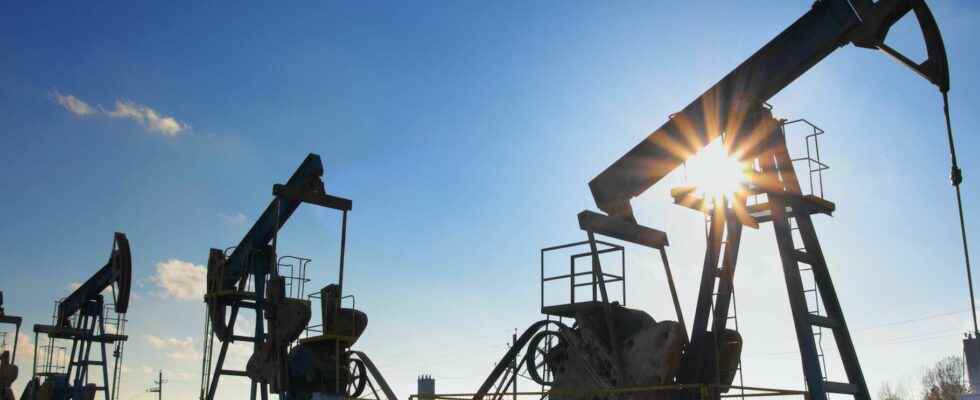To limit global warming to 1.5°C above pre-industrial averages, we must reduce our consumption of fossil fuels. But what if production continues to increase? If production explodes, even? This is the question posed by the 425 colossal extraction projects pointed out today by researchers. real “carbon bombs” in the hands of the fossil fuel giants!
You will also be interested
[EN VIDÉO] Interview with Jean Jouzel: Is global warming of human origin? The French paleoclimatologist Jean Jouzel sheds light on the part of responsibility of humans in the climate crisis.
” Our addiction to the fossil fuels is killing us. » The words are raw. Without detour. They are those that Antonio Guterres, the Secretary General of the United Nations (UN), pronounced on 1er last April. He then called for “urgent efforts and transformers from all countries to eliminate the coal and stopping the expansion of oil and gas exploration to keep warming to 1.5°C,” emphasizing that the production of coal, oil and of gas over the next decade would have to be more than halved if we were to save our climate.
Our addiction to fossil fuels is killing us.
People and ecosystems are being clobbered by climate change.
We need urgent, transformative efforts from all countries to eliminate coal & stop expanding oil & gas exploration to keep warming to 1.5 degrees.
— António Guterres (@antonioguterres) April 1, 2022
A few months earlier, the European Investment Bank announced that it was ending all support for projects linked to fossil fuels. The International Energy Agency (IEA), for its part, pleaded for an immediate halt to fossil fuel investments and around twenty countries committed themselves, on the occasion of the 26and Climate Conference of the Parties (COP26), to stop public funding of fossil fuel projects abroad. The world seemed to have finally gotten on the right track.
But now, today, a study conducted by University of Leeds researchers (UK) questions everything. It presents no less than 425 projects led by the biggest names in fossil fuels. Projects which, taken as a whole, could be at the origin of theepisode of more than 646 billion tons of carbon dioxide (CO2). real “bombs carbon » spread over 48 countries around the world. From “carbon bombs” because 646 billion tons is like blowing the carbon budget we have if we hope to limit the climate change at 1.5°C.
Bombs to be defused urgently
In Canada, the United States, Australia. In 2020, no less than 60% of these projects were already producing gas or oil. The big names of fuels fossil fuels such as Shell, Gazprom, ExxonMobil, BP, PetroChina, Petrobras, ConocoPhillips or even Chevron plan to continue investing more than $100 million per day by 2030 to maintain them and develop those still missing.
All this even though all the shutters of the 6and report of the Intergovernmental Panel on Climate Change(IPCC), published in recent months, confirm that our carbon emissions must imperatively decrease to preserve our chances of a livable future on Earth . And that one study of the national service of meteorologyUK, the Met Office, in conjunction with the World Meteorological Organization (WMO) shows that the risks of reaching the 1.5°C warming mark at least once — compared to the pre-industrial era — in the next five years have never been more important. They now stand at 50%.
But then, what is it? Of a kind of ” cognitive dissonance “ who prevents companies from changing position, despite the risks involved? In a form of “denial of the reality of global warming and its causes” ? Or just out of uncontrolled greed and a “complete disregard for the communities most vulnerable to climate change”from the big names in fossil fuels?
Not sure we have time to decide. Indeed, to avoid the worst-case scenario, we must divide our CO emissions2 by two by 2030. And in response to the climate emergency, defusing as many of these “carbon bombs”could quickly become a top priority. For this, researchers at the University of Leeds suggest individualized studies that will allow strategies to include all the dimensions of the question. With the hope of better efficiency.
Interested in what you just read?
